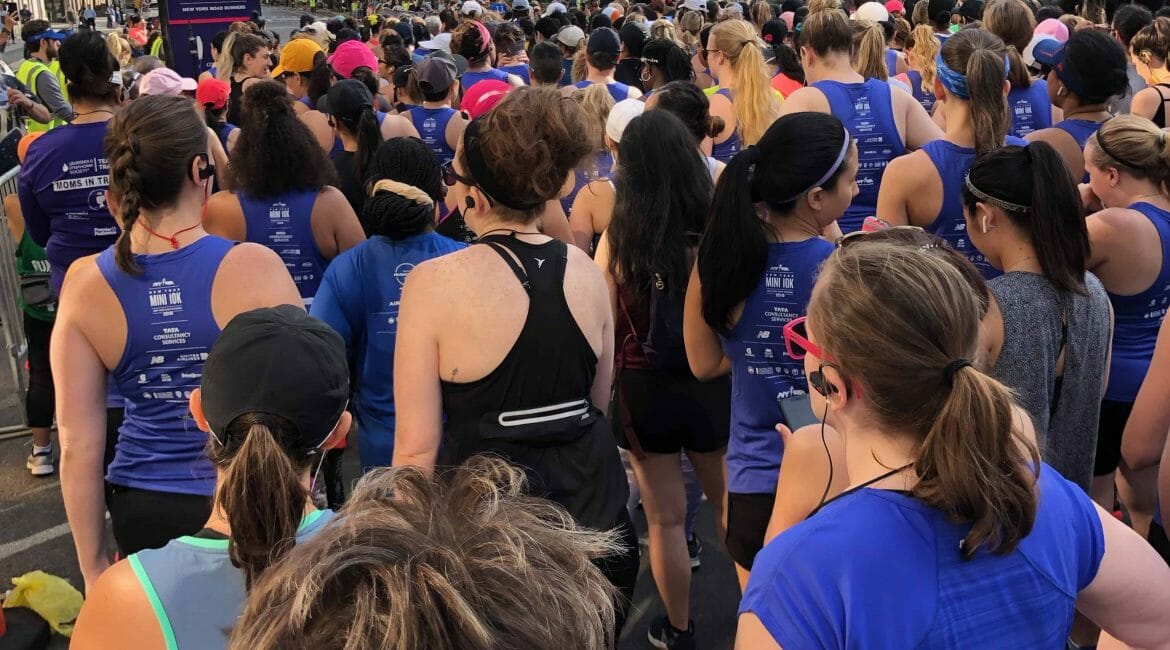I recently got the following press release from RunRepeat which I thought I would share with you. It talks about how climate change is slowing down runners and triathletes. Read on…
New Study
A new study from RunRepeat, however, aimed at dissecting what actually happens to runners in increased heat and the findings are interesting. According to the data, they choose to look at marathon finish times only, but for every degree of temp increase, the average runner loses about 1 minute 25 seconds in their marathon time.
Not everyone is out there is running marathons, but this data translates to shorter races as well and considering the extremely high temps in July, racers could be losing more seconds or minutes than they think just because of race day temps.
The analysis
RunRepeat analyzed 19.6 million marathon results from over 30,000 marathons around the world and found that race-day temps are responsible for over 30% of the variance in finish times. This is a major factor considering that more and more races these days are being held in warmer months where average race day temps top 60 degrees.
Consider that you train all spring for an early summer race. Your average training temps may be between 40-70 degrees, but on race day, if your temps climb into the 80’s you could be looking at double-digit time loses, a factor that is greatly out of your control.
NOAA (The National Oceanic and Atmospheric Administration) claims that average yearly temps are rising at about .07 degrees a year, which in itself seems small, but with this small increase in global temps, comes dramatic localized weather and temperature swings.
Chicago Marathon
In 2009, the Chicago Marathon topped out at just 48 degrees, but two years earlier in 2007 Chicago temps soared to 88 degrees, forcing race officials to call off the race midway through. Then again in 2008, 2010, and 2011 temps soared over 80 degrees.
You can see here in this graph provided by RunRepeat the wide swing of temps the Midwestern race has seen in the last 18 years and how average temps have steadily been climbing:
Over the last two decades, the average temperature at the Chicago Marathon has risen by 5 degrees, which based on the data would be an additional 7 minutes and 5 seconds to the average racer’s finish time.
As you can see, finish times follow the raising temps trends, the hotter it is, the slower racers tend to be:
Temperature is a great predictor for the marathon finish times as well, with a very small margin of error.
The Data from Other Races
The data looks similar from races across the globe too. Boston, London, and LA marathons all see trends that look alike. Racers and race organizers should be aware of the pressures temps put on racers and as weather patterns begin to change, maybe so should future race dates.
Avoiding the heat not only ensures your best shot at hitting your finish time goals, but it’s also safer for runners. That 2007 heatwave in Chicago proved to be too hot for many, sending around 50 participants to the hospital and causing one fatality.
Be safe out there, know your limits, and know that these trends promise to continue as climate change speeds with us into the future.
This guest blog was supplied by RunRepeat.

